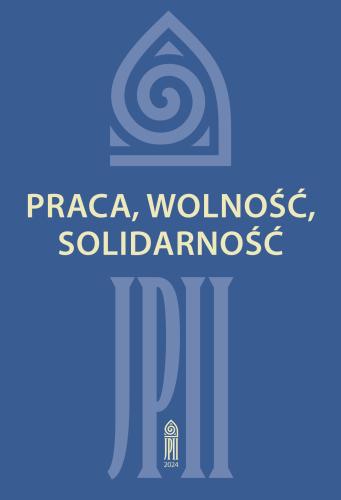Unfinished revolution?
Synopsis
This chapter examines the concept of the “unfinished revolution” initiated by St. John Paul II, contextualizing it as a radical call for cultural and spiritual renewal in Europe and beyond. John Paul II’s appeal was not simply political or restricted to any nation; rather, it was a summons to rediscover national identity, cultural roots, and the foundational Christian principles underlying European unity. By inviting individuals and nations to “open wide the doors to Christ,” he called for transformation grounded in faith, mutual solidarity, and the pursuit of the common good—a vision that transcends narrow self-interest and builds communities, families, and nations oriented toward reconciliation and fraternity. The chapter highlights the revolutionary impact of this message, which contributed to the collapse of totalitarian regimes, the rise of free societies, and new political and economic orders. It also addresses the disappointment that followed, as Europe shifted toward bureaucracy, individualism, and a loss of connection with its Christian heritage, fueling nationalist reactions and societal fragmentation. The author concludes that to complete this unfinished revolution, there must be a renewed focus on solidarity, cultural identity, and dialogue—a return to the Gospel-inspired ideals of free market, fraternity, and community, and a fresh affirmation of shared European values.



